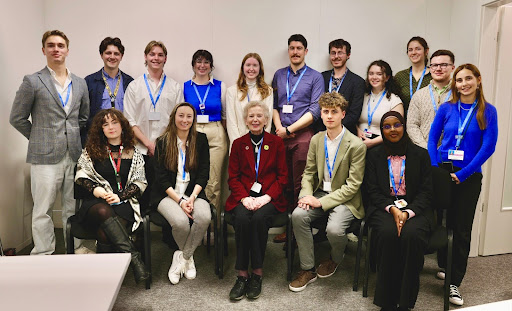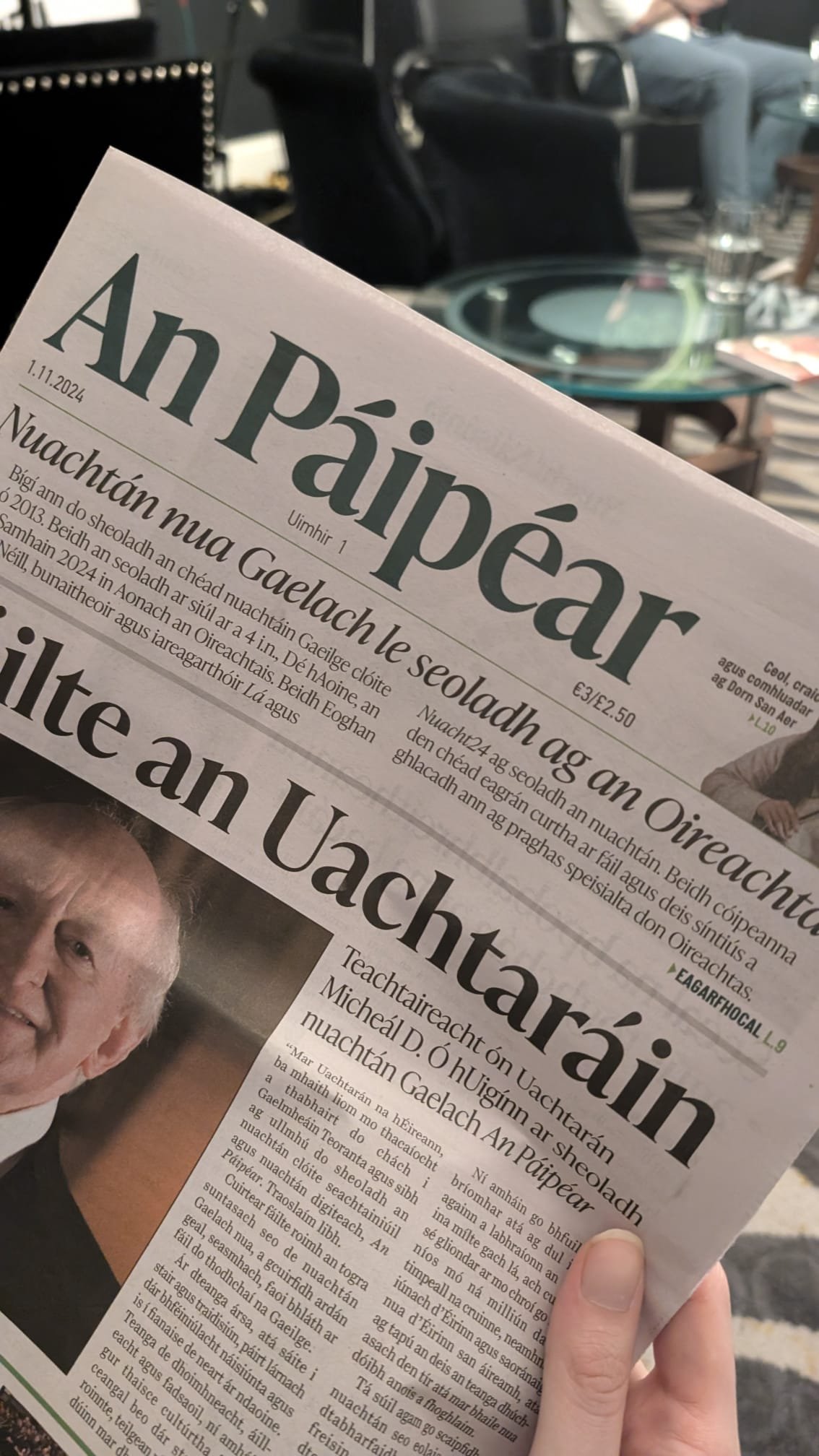Dan O’Brien | Senior Staff Writer
When degrees are cheap, how much do we really value them? The issue is increasingly relevant throughout Europe, where almost every country now offers free or highly subsidized third-level education for EU citizens. While a shift toward universally accessible education is desirable, the current approach brings with it a host of problems that are particularly relevant in the Irish context. The need for higher education reform in Ireland stems equally from financial and structural concerns; both can be addressed in part by revaluing education to promote accountability and achievement from Irish students.
The problem begins, but certainly does not end, at a personal level. With rampant youth unemployment across the EU, students may be forgiven for preferring the structured regularity of university life. The “free fees” initiative only magnifies the issue; the cost of repeating a year is generally affordable for those who need to (or want to) do so. If an Irish student repeats a year for non-medical reasons they simply revert to paying EU fees (ironically the same fees Non-EUs would pay for getting Schols). The ease with which Irish students often choose to switch courses despite incurring marginally higher fees indicates that this approach may be worth reconsidering. In particular, failing a year should incur a cost more appropriate to the severity of such an outcome.
The majority of Americans still receive some form of public or private assistance to pay for education, but they are more conscious of the significant financial investment being made on their behalf
Even at EU fee levels, the Irish government is still subsidizing higher education to a level far below market value. When a student repeats a year for any reason, the money that financed that period has produced no discernible value and more will be needed the following year. More importantly, these funds are never explicitly quantified and thus have no real significance for the benefitting individual. American students, in contrast, can look at their university’s annual price tag for a rough sense of what their education is worth (arguably an overinflated sense, but that actually supports the main point here). The majority of Americans still receive some form of public or private assistance to pay for education, but they are more conscious of the significant financial investment being made on their behalf.
There are a number of options worth considering that could target these financial and structural inefficiencies in Irish education. Among the least popular would be shifting the burden toward private funding. The simplest method would have the government end the free fees program and either set Irish fees at an arbitrarily higher level or, preferably, allow third-level institutions to set their own prices. It is assumed that EU and Non-EU fees would rise accordingly (recognizing that Irish citizens already pay more into the system through taxes). Some level of government funding would certainly still be required, but a greater personal investment in education would bring a heightened awareness of its value.
The government could also work to promote a culture of early saving for higher education by offering tax-advantaged investment options that disperse the cost over a longer period of time
This approach does not inherently conflict with the goal of universal access to education and could help finance more generous assistance for students who actually need it. With the funds gained from Irish students fully paying the higher fees, the government or the institutions themselves could offer targeted support in the form of grants, loans, tax credits, etc. It is hard to see why those in Irish society who are both able and willing to pay more for higher education should not be asked to do so when the entire education system stands to benefit. Toward this end, the government could also work to promote a culture of early saving for higher education by offering tax-advantaged investment options that disperse the cost over a longer period of time. Combining this culture with a shift toward higher levels of private funding would encourage greater personal commitment and accountability in the Irish education system.
A separate approach that could be taken without (or in addition to) adjusting the fee structure would be to reconsider some of the more problematic structural aspects of higher education in Ireland. One of the most notable examples puts students on the wrong track before they even enter university. The CAO points system encourages ambitious applicants to apply for courses based on reputation or desirability as much as genuine interest. A law degree from Trinity might be a “good” degree, but does the country really need more lawyers more than it needs engineers or computer scientists? Both required fewer points in 2013. The result of this is that students often end up doing degrees for which they have neither the inclination nor the aptitude to succeed. If you suffer through a year of Science only to then decide you fancy BESS instead, a mistake has clearly been made somewhere. That is not to say that students with a serious issue with their course should not change, but that perhaps there is a way to limit the frequency with which these problems occur.
At the moment the vast majority of Trinity students are denied this opportunity to explore and find their interests
If students were exposed to a wider range of subjects at the university level before committing to a course they might stand a better chance of sticking with their choice. This idea doesn’t require the “general education” approach that many American schools take, where first year students take classes in science, history, English, etc. all at once. Students could choose two or three courses (ideally somewhat related, but perhaps not) to study first year and then fully commit to one or two at a later date. This is essentially the BESS/PPES/Science approach, but at the moment the vast majority of Trinity students (and indeed Irish students more broadly) are denied this opportunity to explore and find their interests. Making this practice a universal feature of higher education would help students more effectively choose their academic path.
When students lack the opportunity and incentive to find academic success, society as a whole bears the cost. It should be evident that this cost is beyond financial; the Irish third-level education system is at risk of finding itself both broke and broken. For the long-term health of the country and its economy, finding a solution should be among the government’s top priorities.







